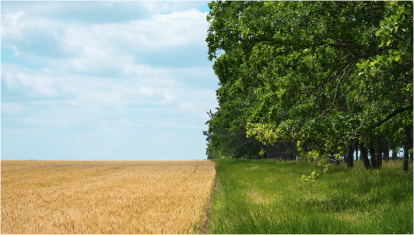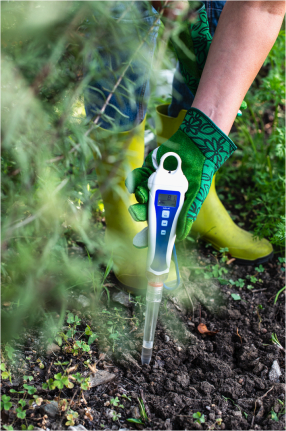Regenerative agriculture and Carbon management
The fight against climate change requires not only minimizing the environmental
impact of bioenergy but also improving existing systems in marginal lands with a positive net impact on the soil.
Considering legislation and regulatory frameworks for bioenergy, biofuels,
and land use changes, various aspects related to project implementation often require new
approaches to regenerative agriculture.

Regenerating the soil involves understanding the environments, properly
characterizing them, and sizing possible production and cultivation systems. Biomass species can improve the soil with techniques that combine soil amendments, the use of biofertilizers, and regenerative practices in agroecosystems. Furthermore, they provide excellent integration with existing food systems such as livestock, fruit growing, horticulture, or extensive crops. Likewise, our experts often integrate shrub and forest management systems with perennial herbaceous crops that increase soil carbon.
When developing bioenergy crops and biobased industries, our experts will help your
project to determine inputs, outputs and estimate the footprint of end products as
well as possible benefits or impacts of best practices.
Regeneration through biomass and bioenergy crops
Our approaches with cultivated biomass and bioenergy crops include the following practices:
- Carbon farming and biochar use in biofuel and bioenergy crops
- Restoration of degraded areas through regeneration
- Cover and sequential crops in rotations
- Intercropping and double cropping systems
- Organic mulching
- Soil enhancement, organic fertility, and soil carbon
- Slope agriculture and contour lines
- Hedges and windbreakers with legumes and other forestry species
- Soil microbiology enhancement
- Use of native species
- Protection of local flora and fauna
- Conservation of protected areas
- Forest management and fire protection
- Biodynamic agriculture systems
- Mining and phytoremediation of soils




